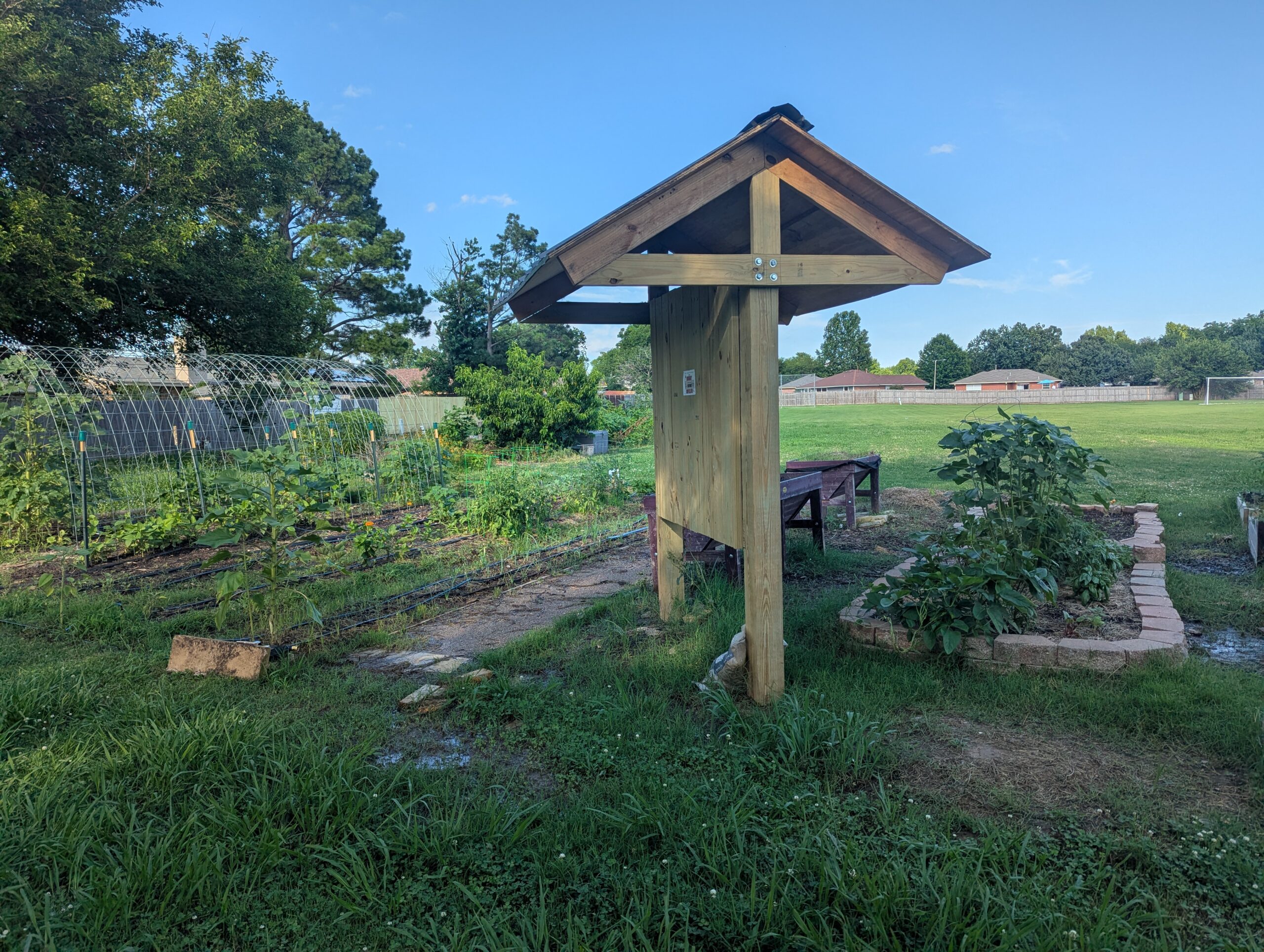
AHA members are involved in all fields of history, with wide-ranging specializations, interests, and areas of employment. To recognize our talented and eclectic membership, AHA Today features a regular AHA Member Spotlight series. The members featured in this column have been randomly selected and then contacted by AHA staff. If you would you like to nominate a colleague for the AHA Member Spotlight, please contact .
Colin F. Wilder is associate director of the Center for Digital Humanities at the University of South Carolina. He lives in Columbia, South Carolina, and has been an AHA member since 2009.
Alma mater/s: PhD, University of Chicago, 2010; BA, Yale University, 1997
Fields of interest: Early modern European history—specifically the history of law, natural law, natural rights theories, and liberal political thought. This has taken me more recently into the history of books and publishing, especially as I have moved into Digital Humanities R&D.
When did you first develop an interest in history?
I studied Philosophy rather than History as an undergraduate. A few years after college, though, I read a remark in a letter by Frederick William Maitland to Lord Acton that “Until I was thirty years old and upwards I rarely looked at a history—except histories of philosophy, which don’t count” (quoted in Quentin Skinner, Liberty Before Liberalism (1998), p. v). I have always thought of this as the decisive moment when I turned toward history. I began with a (selective) Great Books approach, working my way through a number of historical and literary classics from Greco-Roman antiquity, medieval Europe, and then slowing down to putter through the early modern period. In retrospect, my old interests in political philosophy, existentialism, and analytic ethics probably influenced my historical interests.
What projects are you working on currently?
Two things: (1) a book to be entitled Property and the German Idea of Freedom, based on my dissertation and with apologies to the late Leonard Krieger; and (2) a related Digital Humanities project which I dub “The Republic of Literature”—a historical database and social network analysis of people and books loosely connected to law in the early modern period c. 1500–1800 in central Europe. Admittedly it’s a tall order.
What is the last great book or article you have read?
Three things that I have read in the last few years that have really made an impact on my thinking have been Adrian Johns, TheNature of the Book (1998); David Schmidtz, Person, Polis, Planet: Essays in Applied Philosophy (2008); and a short essay by Tony Beavers, “Moral Machines and the Threat of Ethical Nihilism” (2010).
Is there an article, book, movie, blog etc. that you could recommend to fellow AHA members?
I’d recommend the philosophical-historical work of Constantin Fasolt, for instance his book The Limits of History (Chicago, 2004) or a shorter essay, “Religious Authority and Ecclesiastical Governance, 1300–1700” (in The Renaissance World, edited by John J. Martin, Routledge, 2007, pp. 364–80). I also take an abiding interest in Big History and Deep History; in this vein I like Daniel Lord Smail’s On Deep History and the Brain (Berkeley, 2008).
What do you value most about the history profession?
I like the methodological polytheism of the academic study of History—historians (especially American) freely adopt methods from across the humanities and social sciences, and increasingly from the sciences as well. I think that our profession’s characteristic historicism gives us a perspective on the relationship between people, texts, and ideas in the past that is more realistic than the way that some humanities scholars approach past texts, while our care for the delicacy and complexity of both text and context gives us an advantage over more hard-nosed social scientists.
Do you have a favorite AHA annual meeting anecdote you would like to share?
None that are printable. But I have many fond memories of reconnecting with old friends in the corridors and alleys of the annual meetings over the past five years or so.
Other than history, what are you passionate about?
My once-in-a-while passion is exploring the German countryside, replete with cows and castles, on bicycle. Other than that: politics, gardening, and science fiction.
Any final thoughts?
A plug for alt-academia, i.e., taking a research or administrative path that doesn’t lead through a (History) Department: My position is a tenure-track position, albeit not in History. Our shop, the Center for Digital Humanities, is part of the Thomas Cooper Library here at the University of South Carolina. Many Digital Humanities centers are in university libraries rather than being part of departments or being immediate entities within Arts & Sciences. The work we do is essentially Research & Development, albeit distributed over a number of concurrent projects. We do things like build databases and project websites, curate collections of (digitized) documents or other media in web-accessible form, and build research tools for the study of texts. Most of our work is to support research in English and History. Departing from the exhausting competition that is the History tenure-track job market has renewed my love both of the profession and of my own research interests.
This post first appeared on AHA Today.
This work is licensed under a Creative Commons Attribution-NonCommercial-NoDerivatives 4.0 International License. Attribution must provide author name, article title, Perspectives on History, date of publication, and a link to this page. This license applies only to the article, not to text or images used here by permission.


